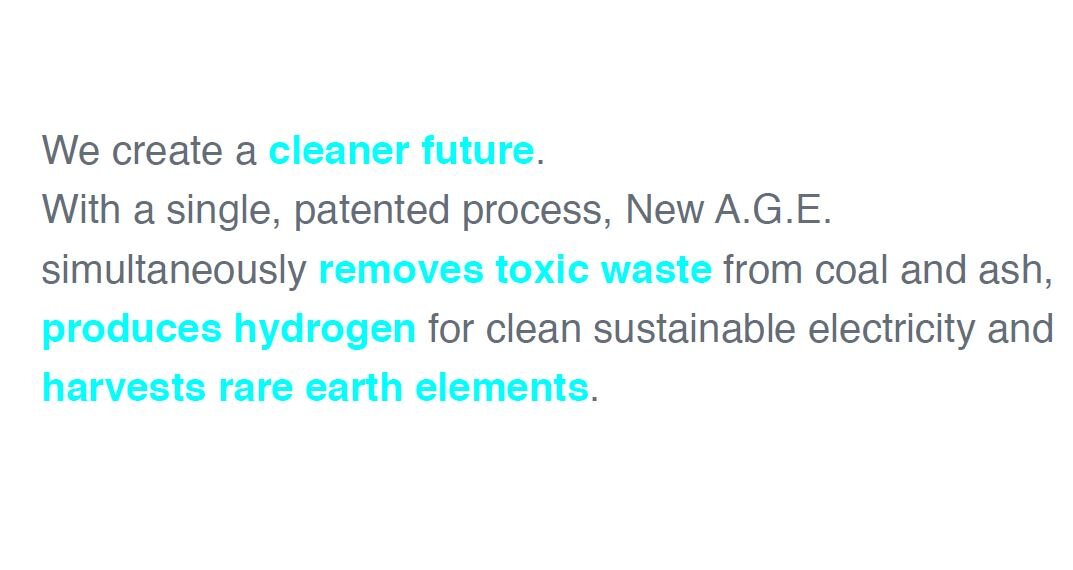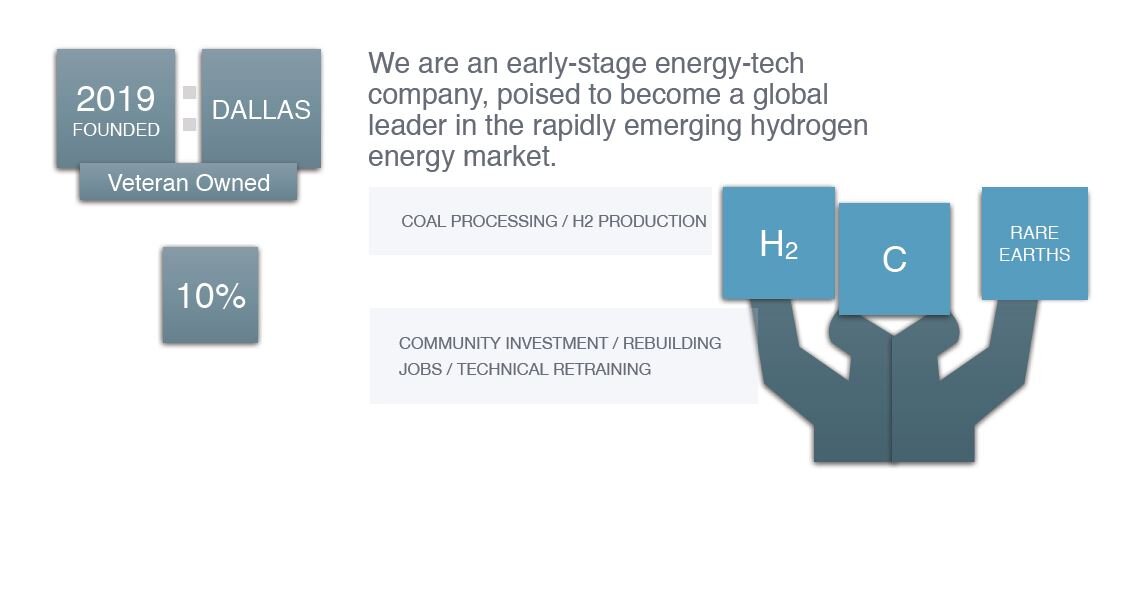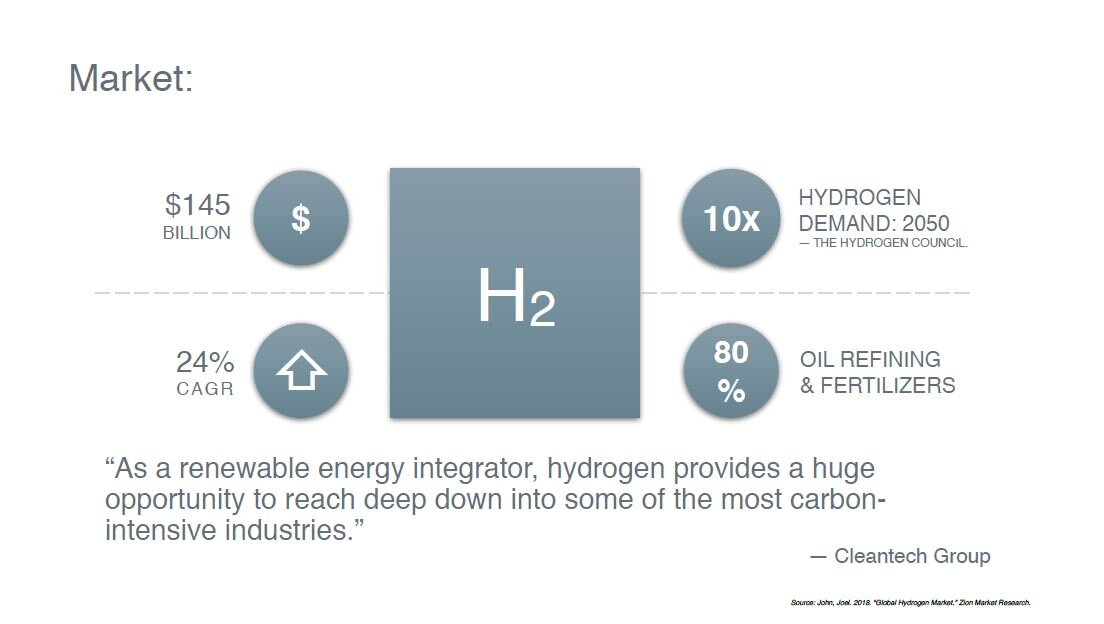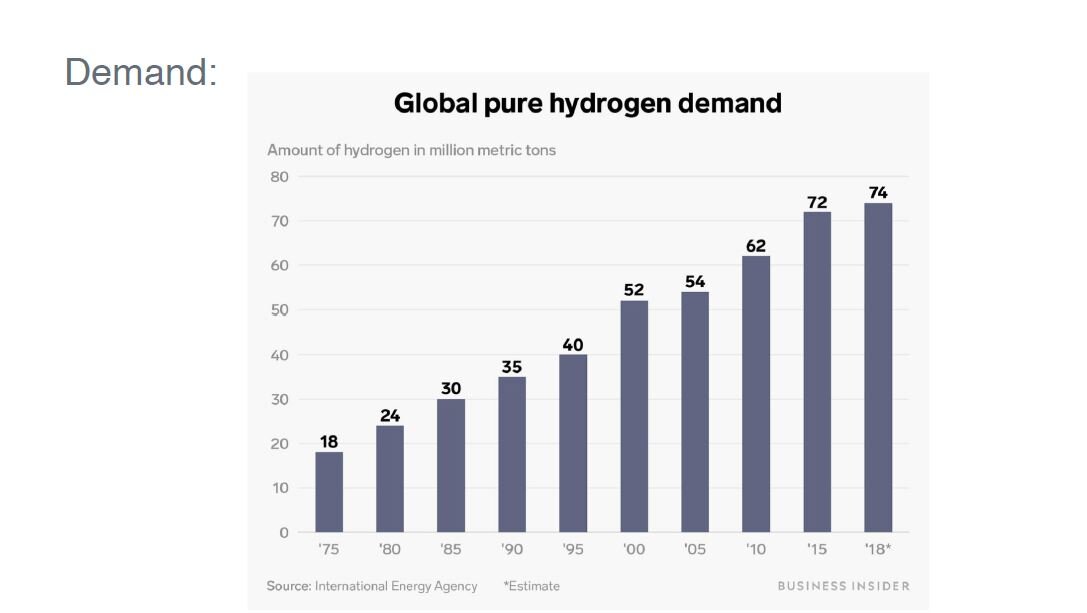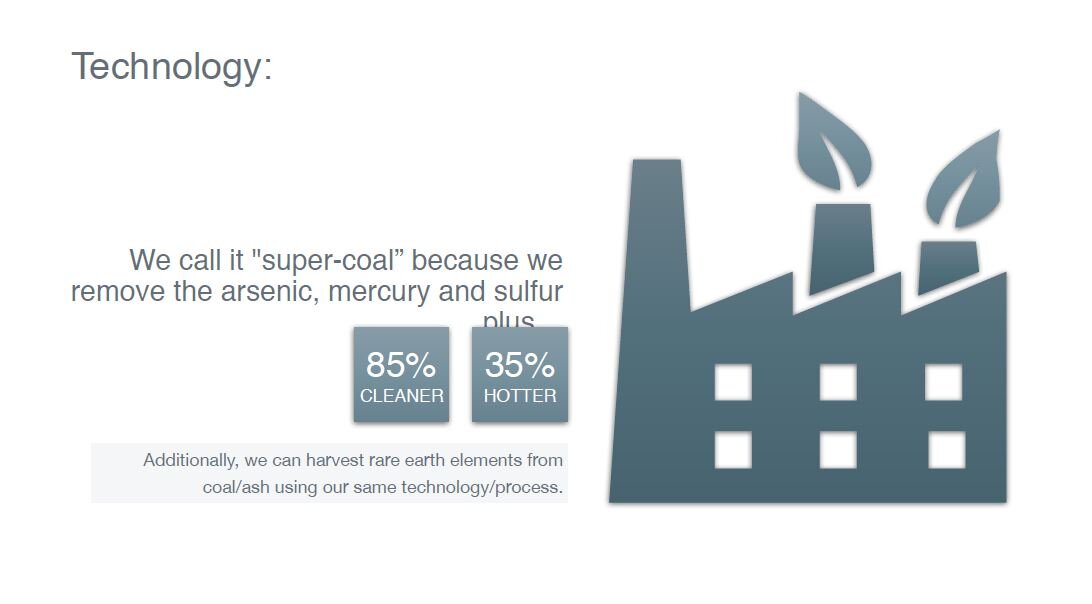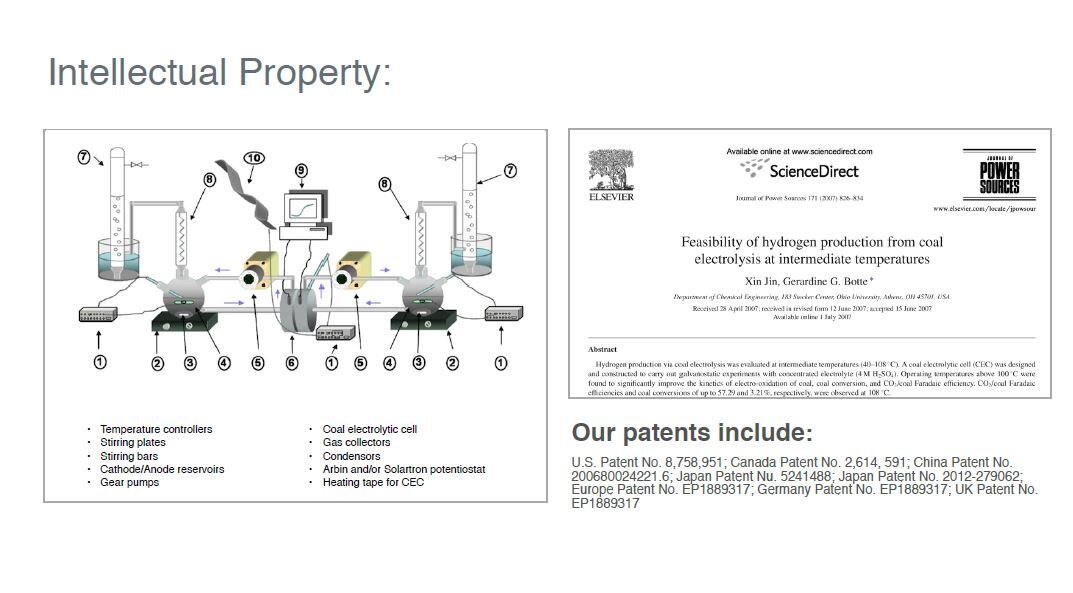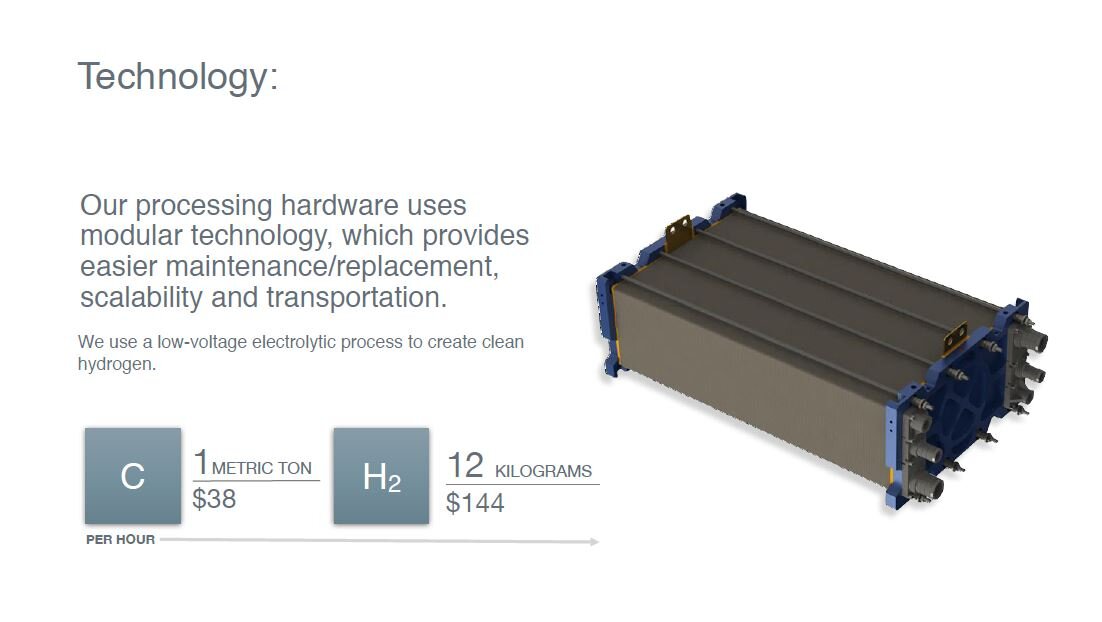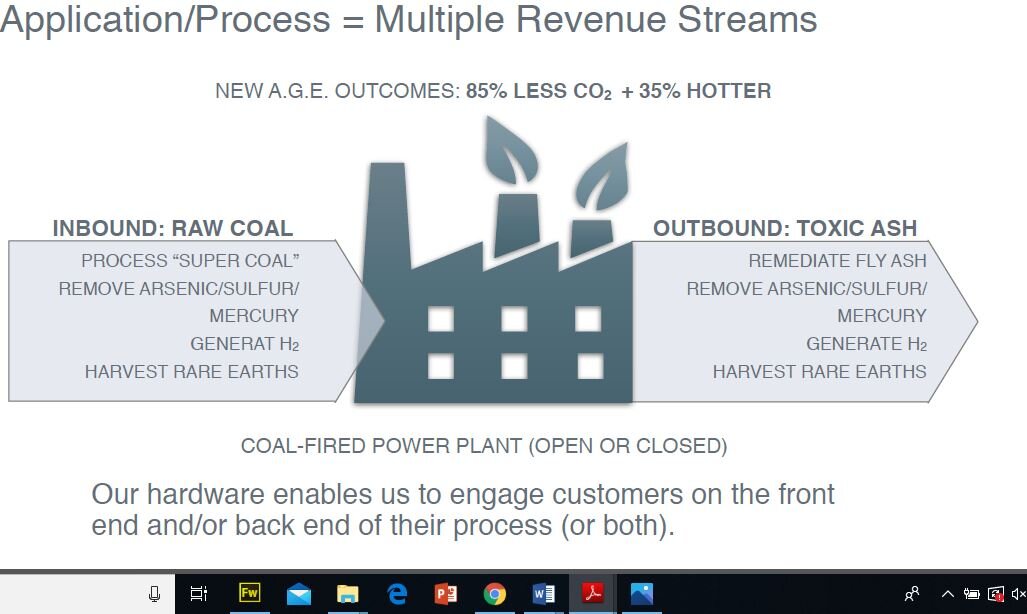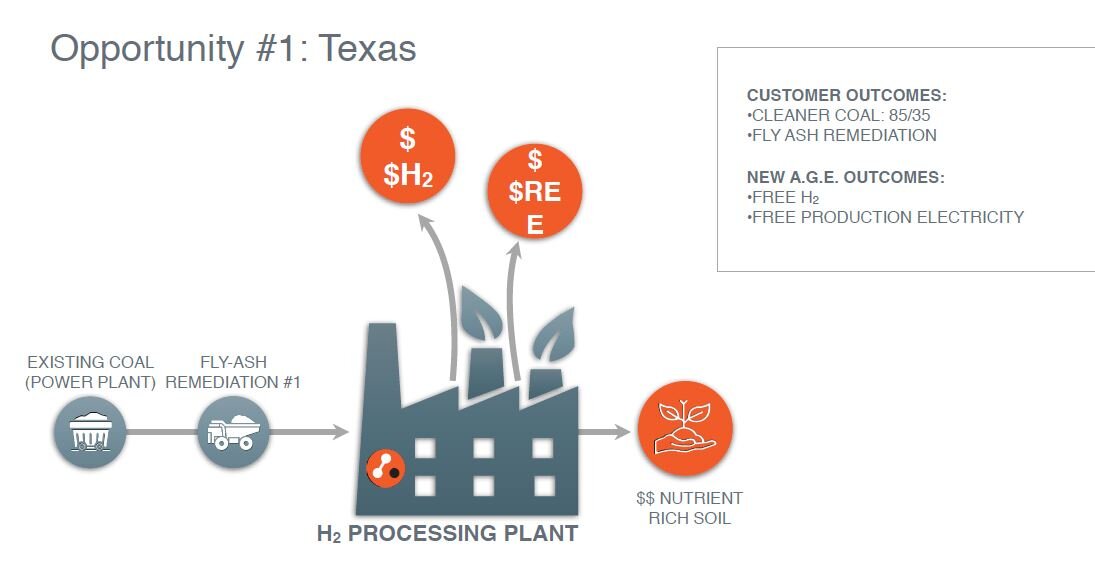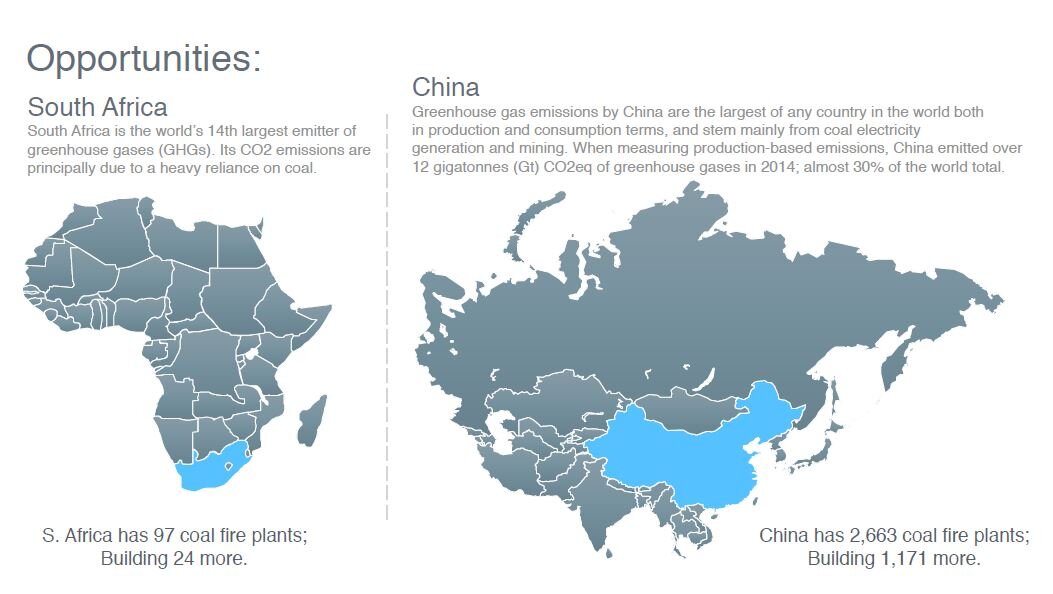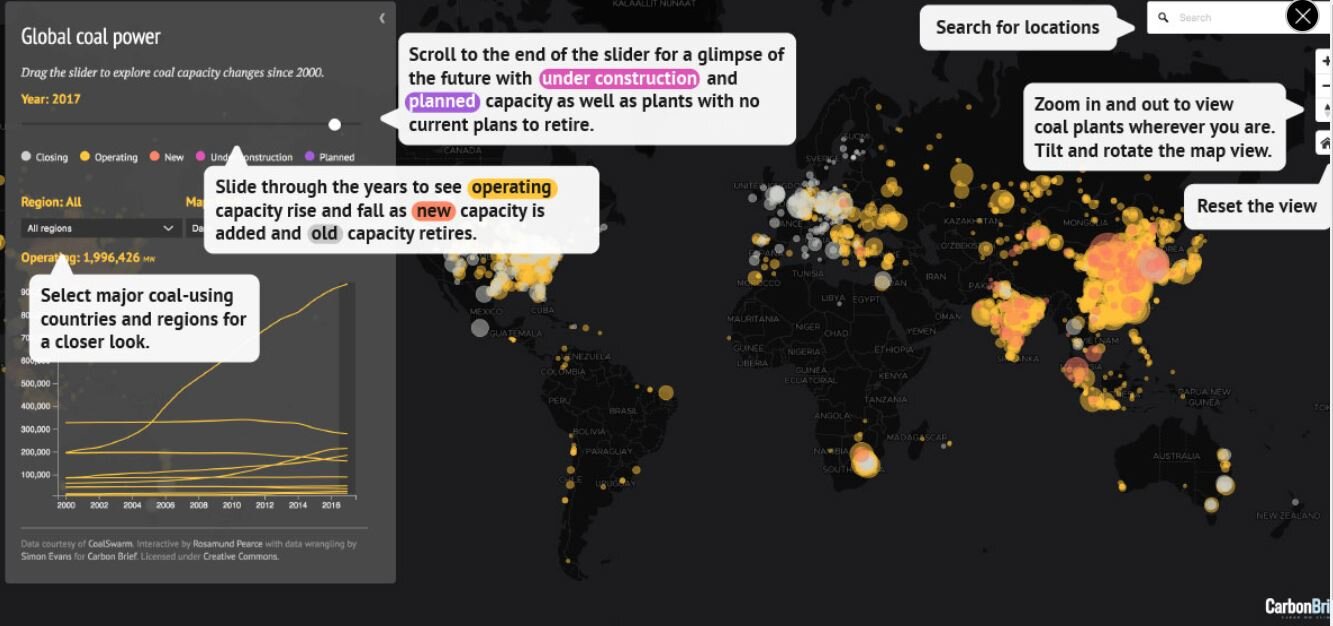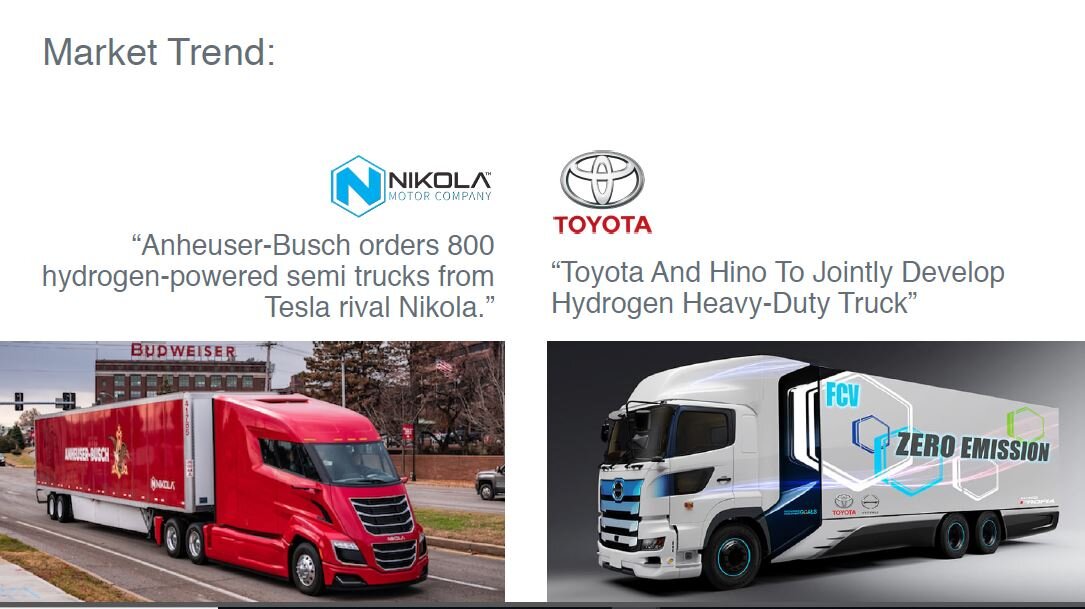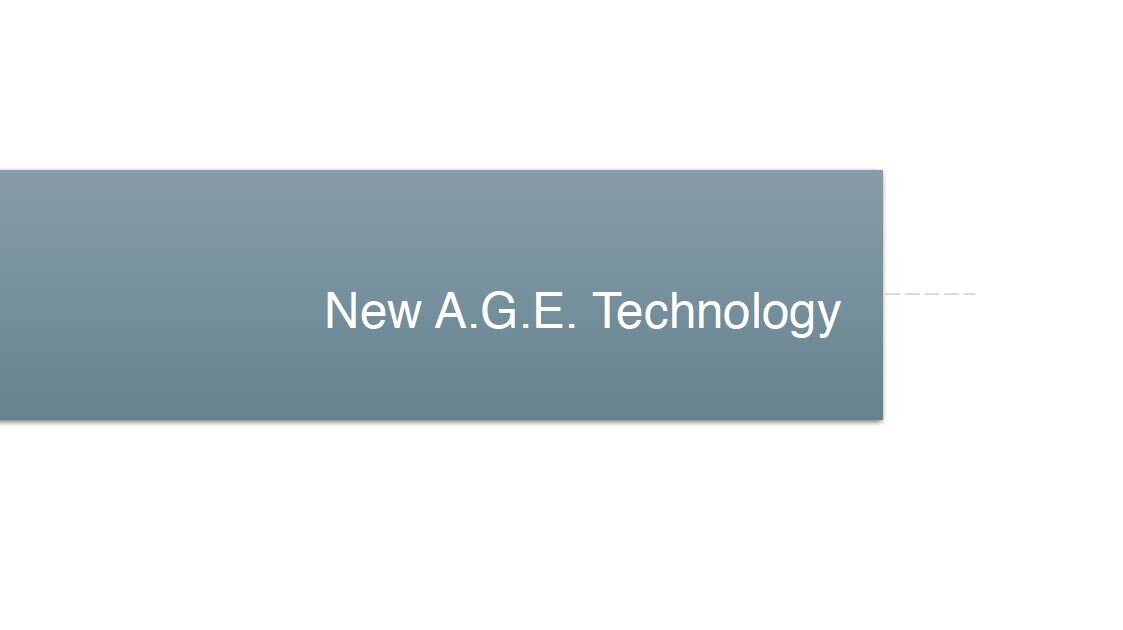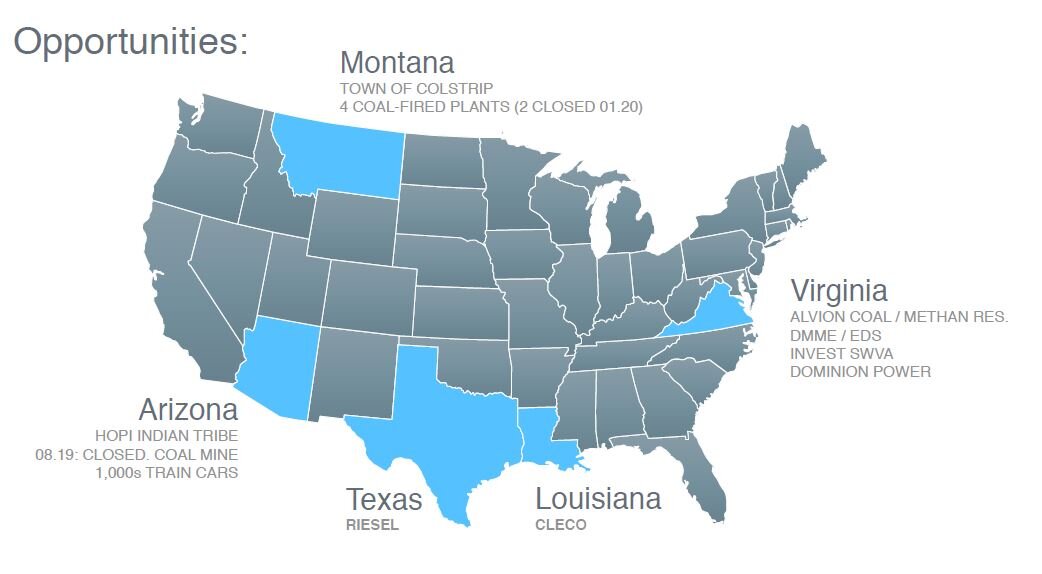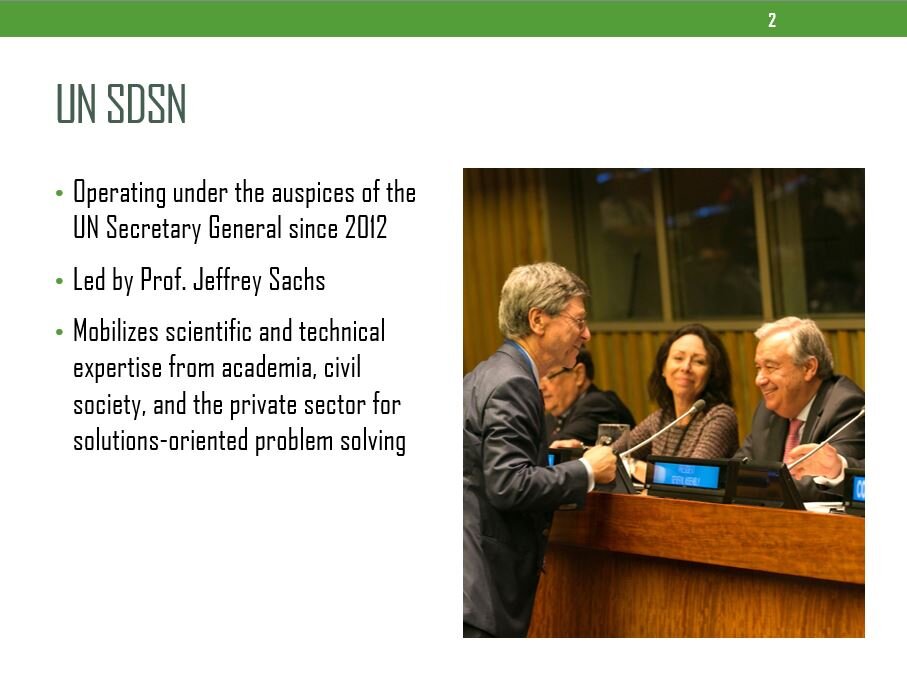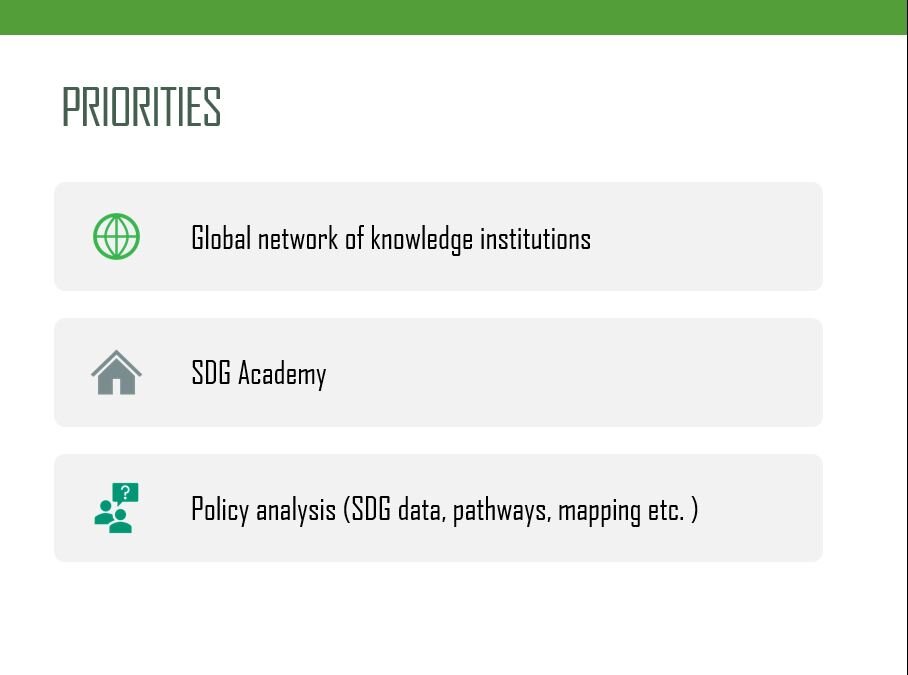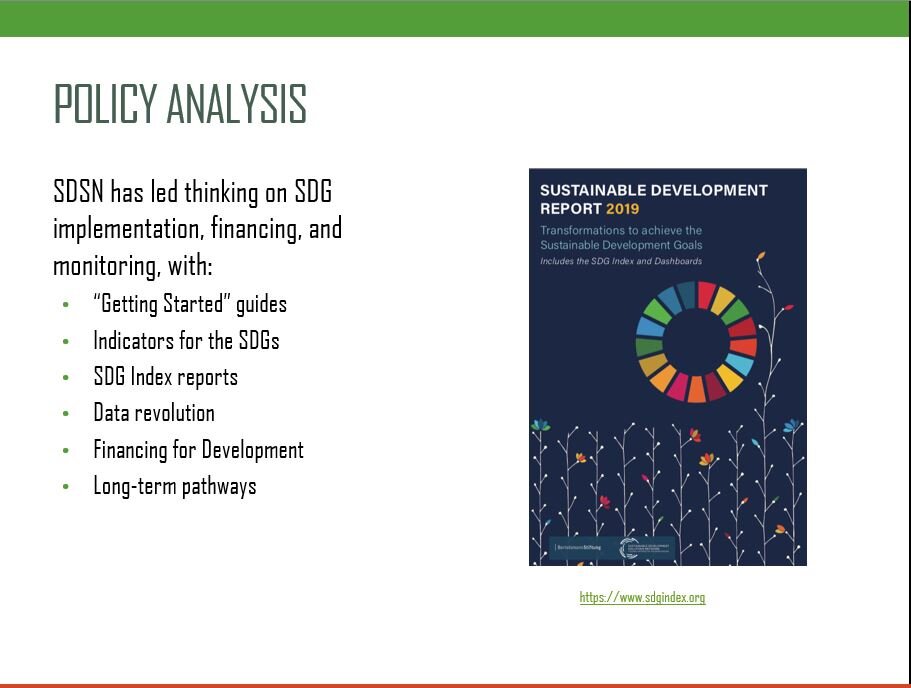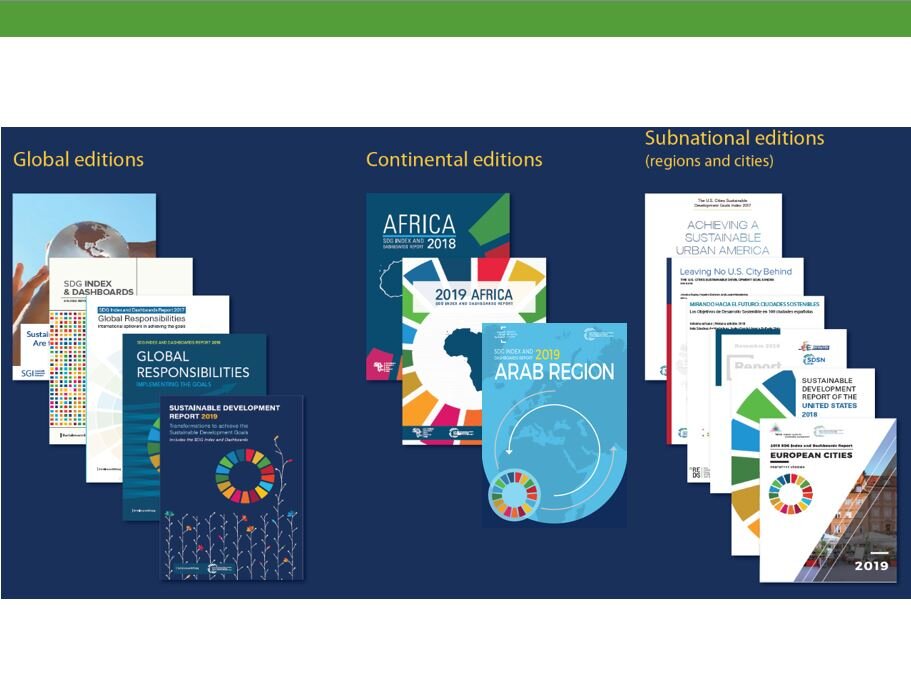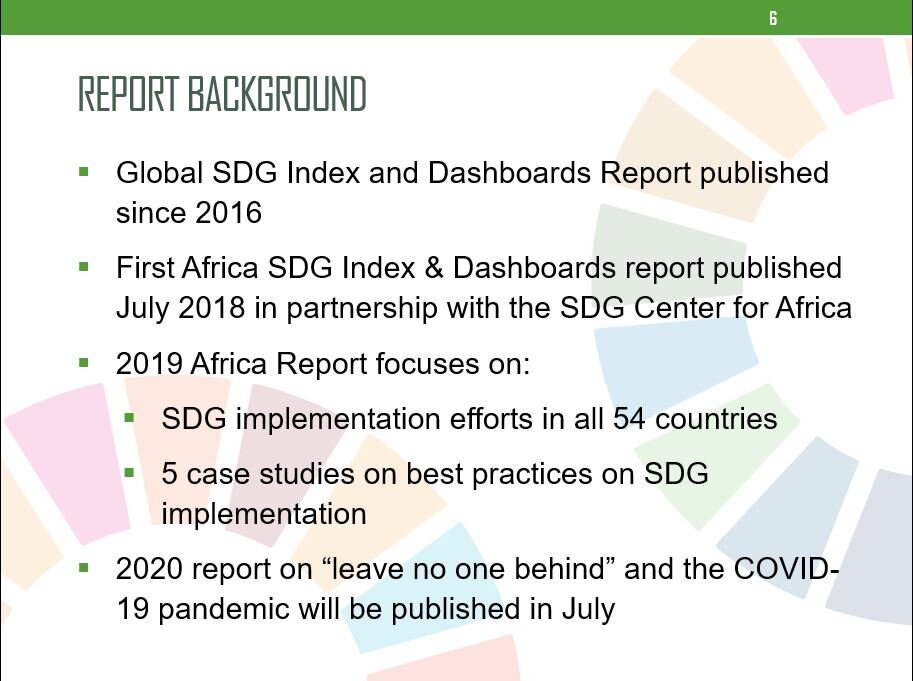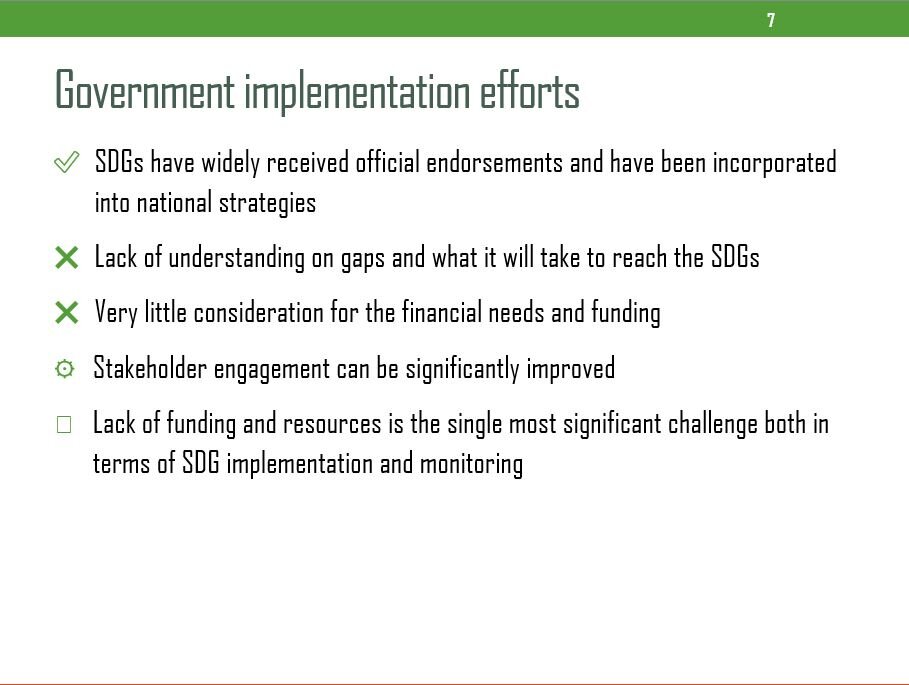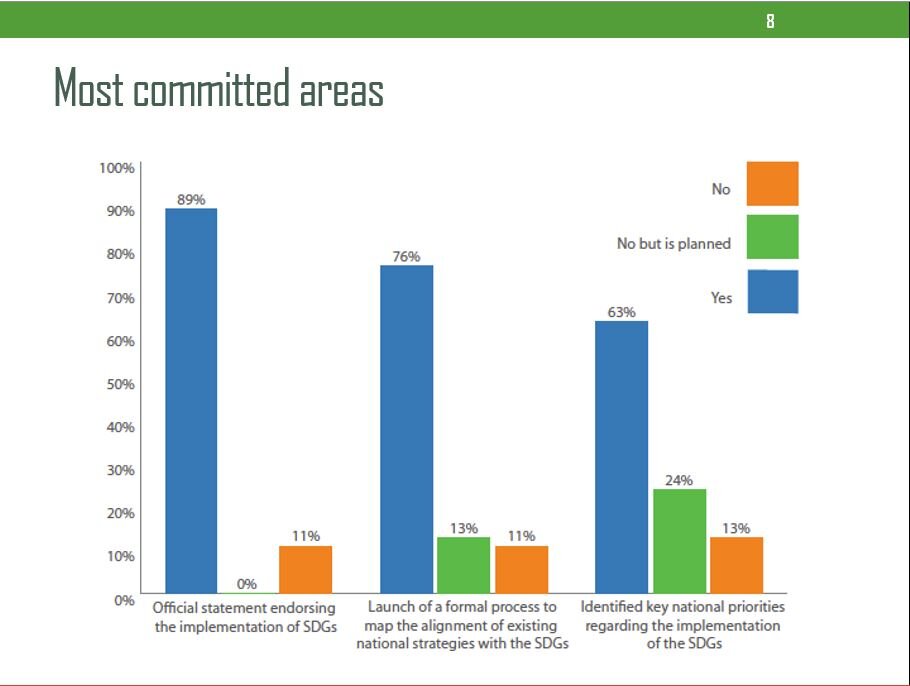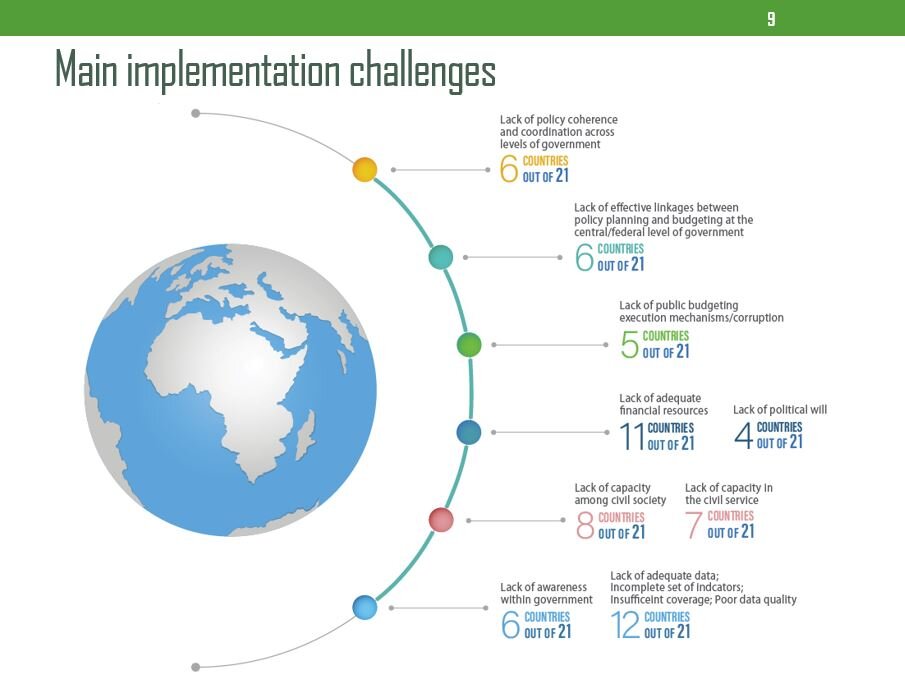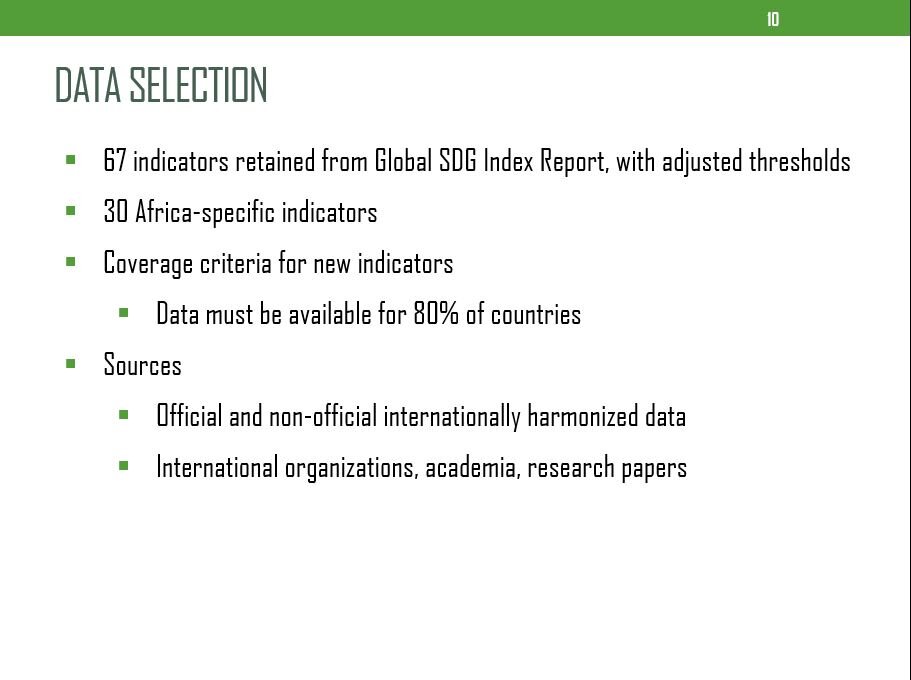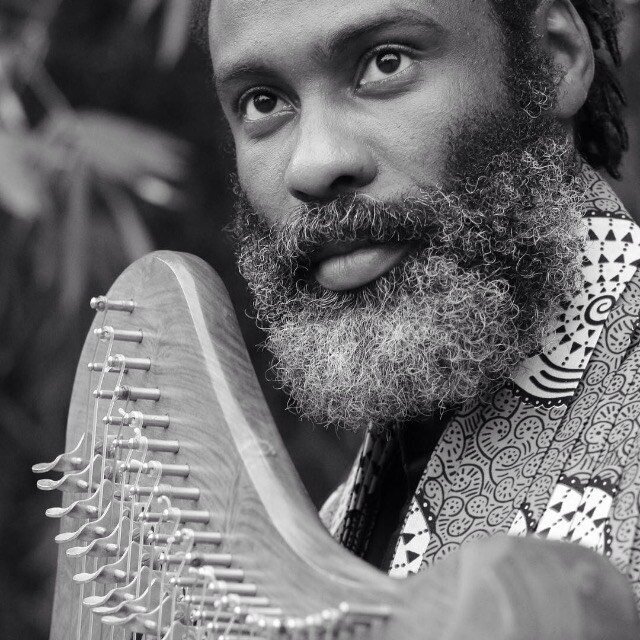QUESTIONS AND ANSWERS
Jason: Right? Thank you very much. Marc Buckley. That was a really interesting talk and so interesting that I'm actually going to forego getting the conversation started and we going to go right to the audience because there is quite a few people who are knocking on our door and like to ask you a few questions, so I'll ask my questions later on. Can we please begin with some questions, please from our audience? Here we have had Tim. Hi Tim. Would you like to address Mr. Marc Buckley, please?
Tim: Thank you so much, Mr. Marc Buckley for the interesting, informative session. Although l came late, but I had this question in my mind. I want to ask you about how we can strike a balance between food production and biodiversity.
Marc: It's really important that we start using regenerative practices in our food production so that we get away from monoculture, we get away from pesticides and harmful fertilizers and chemicals and our products to get that biodiversity back and what I mean by biodiversity is not only in the types of food we grow but in the soil health that it's very biodiverse, that's rich with not only those pollinators around it, but also the worms and microbes in the soil. I want you to know that in farming practices, it doesn't matter what you grow. Those soils have nutrients, minerals, and vitamins that go into the plant, into the product that we're growing and that has been reduced decade after decade has gotten worse because of the way we're treating the soils but also because we're doing a lot of monocultures and that's coming back that we're getting products and food that doesn't have the nutrition in the vitamins and at that is should. The way we can change that is through biodiverse permaculture regenerative, agriculture regenerative ranching regenerative, agroecology, agroforestry. And the way we do that and the other thing is the cycle of farming has been broken. So when I mentioned in my presentation is that farms were the start of communities and cities because we built those cities in those communities around the farm. But today the cities don't have any farms and many more of this farms are way outside and we're shipping the food into the cities and that's broken that nutrient cycle of our soils because the nutrients that go from the soils into the food then we ship it to the cities. And so I say cities are a place that food goes to die because before when we consume the food close to the Farms we can put that waste in the composting in those peelings and those things that are good for the soil health that the microbes and the bugs and the worms in it that go back into the soil which goes back into the food we can put that back. We're not doing that anymore. There's no cities taken for being there, there are some around the world but not at the scale we need that are taking those nutrients of the waste, of that food that we eat, the peelings, whatever, and getting that back to our soils. And so that's why we use chemicals and fertilizer, pesticides and all those things.
Jason: I think our next question is going to be fielded from Buckky Fabunmi. Oh, I'm sorry Miss Buckky Fabunmi. Hello.
Buckky Fabunmi: Hello.
Jason: Good evening.
Buckky Fabunmi: Good evening. Good evening, Jason. Good evening Marc. Thanks for the presentation. Thank you so much. I think I have a question and then a contribution to make. Like for the waste that are generated. For example, you know, they're just disposed into the environment indiscriminately which runs into the waterways into the water bodies causing eutrophication and all that and at times causing flood and disease outbreak. So those who waste can be converted into useful products? Like I've been working on conversion of agricultural waste into useful products such as enzymes, poultry feeds and biogas. So If those are examples of products that you can convert this risk into and in by so doing try to clean our environment now, we already know that the environment is messed up already. So our burning, our burying of these wastes has caused us a lot. And so these are products that can be generated from these things. And again these things cannot be done by just one person there has to be a collaboration between researchers in order to be able to achieve these and by so doing cleaning our environment and being able to achieve one or two of the sustainable development our goals and my question now to you Buckley is that now we know that genetically modified foods kind of helped us to improve food production. Right, but then these genetically modified foods also have their own side effects. So as a food researcher, will you vote for the production of genetically modified food or you vote against it. Telling us the advantage and disadvantage, telling us your viewpoint.
Marc: I wish I really wish it was that easy because, I personally don't like genetically modified foods that are on a strict lab base, but I want you to know that we farming is a science. It's not natural. It's never been a natural process. So the minute we began 12,000 years ago or 10,000 or began farming. What we did is we started cutting down trees, moving rocks and tilling the soil which began putting emissions into our atmosphere and having effect on our soils and our planet and those apples from ten thousand or five thousand or two hundred years ago or not the apples that we eat today, but they're not that way because of genetic modification and in the true sense of what we think about it in a laboratory setting this genetic modification that has evolved naturally over time through grafting, spicing, mixing different types of apples together. If you look at the original banana or some of the original banana species, they're very small. They had big huge black seeds in them. They didn't taste very sweet. If you know, they were different and there is there's hundreds of different species of bananas. But the ones that we in the grocery store today or the ones that we use to cook, cook with plantains or whatever they are. They're much different than that original but that they weren't done in a lab. They weren't done by some mad scientist doing it in the laboratory. They were just done in a different type of evolution of crossbreeding, splicing grafting different trees and different things and using the seeds in a different way that have evolved that way. Now, there's genetic modification that is done in a lab by a Barbaric, Monsanto other chemical companies that you certain prize. I think those are definitely very harmful for our world and so we need to make that distinction. A lot of people think that agriculture is a natural process. I come like Jason mention I come from six generations of Germany's largest organic farmers. And in my opinion, I think organic farming is great. It's what we should have worldwide. But I also think that European Union or standard for organic farming has set the bar about as low as they can possibly set it. It's the minimum and I think the bar needs to be raised globally not only on organics but on agriculture in general, how that we look at it as a closed system with circular economy principles, regenerative practices, for the much longer game in so in that respect organics are never genetically modified their never in those respect when you look at the laboratory way. But we have to make that clear. I think genetically modified foods and some respect our seeds are good or one are one tool for the toolbox to help us, but they're not the answer. They're not the long-term solution to get to regenerative or to a healthy planet. So I don't know if that answered I could probably talk a little bit more and explain like for example, if you were to fly over Spain over I think it's called Alamia this one of the biggest organic farm areas in Spain if you were to fly over there in a helicopter or a plane or drone. If you hadn't been there before people would say oh my goodness. What are all these refugees doing up in Spain? Well, how did they get here how and local would say those aren't refugee camps. That's the European Union standard for organic farming. That is the worst and poorest conditions. Not fair wages Not Fair Labor not fair housing not sanitary conditions, and they're producing food as cheaply and as quickly as possible and abhorrent conditions matter of fact, if you look at the United Nations refugee camp or World Food Program Camp. They have a much better standards than the organic farms in Spain because it's there's no clean water, there's no sanitation, those people who are working are those a working in a poor conditions and in my opinion that's criminal because like I said if you cheap and food you cheap a life. If we produce it cheaper, we producer with chemicals in the long run, it comes back to really hurt us. It's a bad model because like I said, the FAO said we have 45 matters left in food and the reason why is because of the soils aren't getting time to regenerate and recover and there's no nutrients and minerals in there. And so when we do no-till practices and regenerative practices, we can heal that soil and get a backup so that we can produce the types of crops. And things that we want the other thing is a seat banking. So if you don't want genetically modified crops, I want you I want to encourage you to start your own seed bank to gather organic seeds as much as possible and we keep them alive because we're losing species all over the world of plants and fruits and vegetables all the time because they're just being died out. Nobody's taking care of it.
Jason: Would you like to talk about how your work connects to this topic?
Buckky Fabunmi: Yes, please. Thank you very much. My work connects to this topic in the part of the waste generation from food production. So I've been working on kola nut husk is a waste Nigeria is known for the production of kola nuts. And so like 7% of Kola nut is being produced in Nigeria. So we generate a lot of this waste and this waste is known to be very nutritious when his post on the farm site, you know the nutrient in it attract microorganisms and also the nutrients when it's been washed into the water. It causes Eutrophication and blocking the water reducing the lives of microorganisms and other creatures in the water bodies. So I looked at how this waste, agriculture waste can be converted into useful products. And so I worked on converting it into using it as a substrate for enzyme production. So I used it and then I used it to produce biogas used it. In different ratio with cattle porch waste. I also used it in composition with Maize and other products other components to make poultry feed. For the poultry feed at a ratio of 30% it was too high, it does not enhance the growth of the poultry birds but then at 10% with maize and other component required for poultry feed it enhance their growth. Another thing is that, it is advantageous in having it in poultry feed because, it has fiber and so it reduces the quantity of feed the birds eat. And so it reduces your cost so you gain more by so doing. So although I recommend that 10% is the maximum that can be used in poultry feed but I think in lesser quantity will be more beneficial in having a good quality meat poultry meats. And then for the biogas also it was able to produce methane over about 50 percent, but then it wasn't combustible and that was because I did not have the necessary gadget or equipment to carry out the other analysis that I needed to do. So I had to stop at a level. But then from the experiment it's good because it was concluded that the kola nut husk when blended or mixed in a ratio of 1 to 3 or 3 to 1 with cattle porch waste, it can generate biogas that can be used. And then for the enzyme production also, I worked on five different enzymes xylanase, protease, pectinase, amylase, cellulase. So those five enzymes, I used this waste, the kola nut husk, the grinded one, I used it as substrate and then checked their productivity Okay, what the microorganisms that grow on it whether it will to produce this enzymes of interest and they were able to produce xylanase and pectinase at least sufficient. But then further work is still required, you know, I was able to just do the work to the level where I had the funding up to and so I stopped it but some other people are carrying on the work.
Jason: That's beautiful.
Buckky Fabunmi: At least. Yeah. So for now at least that's the way I am, you know contributing to my environment by trying to gather the waste from the environment clean the environment of some of these waste, at least agricultural waste, definitely you can clean up all the waste. Then, another project I want to embark on now is, conversion of plastic waste into useful products such as interlocking tiles, roof tiles and so and those ones are, alternative measures or means by which this waste can be converted to useful product and then clean environment.
Marc: That is amazing because, I really like what you said because, It's really hard to talk about agriculture on a blanket global generalized way and what you're doing and what you just mentioned and you're talking about indigenous microorganisms for your place where you're at, that are local and that's so important because we need to heal that microbiome of our soil but we need those Imo's (those indigenous microorganisms) that are indigenous to your area, that will work best for their like micro rise is a big thing in agriculture and in growth and the mycelium and the growth of our soils as well as well as Plants, but they're indigenous to each and every different plant species and area of the world. And so that's what I heard out of what you just said. You're going local, you're going very indigenous of what works there and what has been proven and how can you use those tools the most successful innovations that I've ever seen around the world and that I present to the World Economic Forum are always from people who come up with where they're at, what they're dealing with and how they've solved the problem locally as a crew member on spaceship earth. And so I thank you for doing that. That's fabulous
Jason: And fantastic. Thank you very much. Yes. Thank you Dr. Fabunmi. Excuse me. I apologize great to meet you and I think we have another question coming in. Did we lose our guest here we are. Yes. Hello. How are you doing today?









